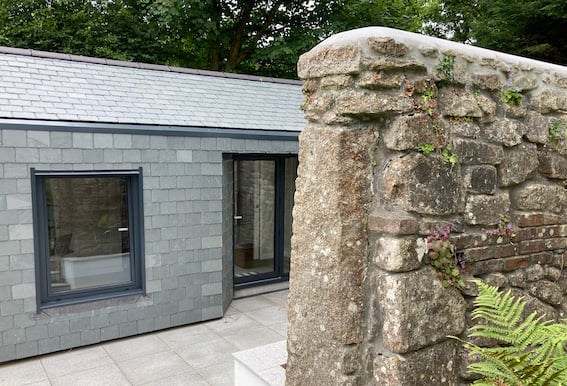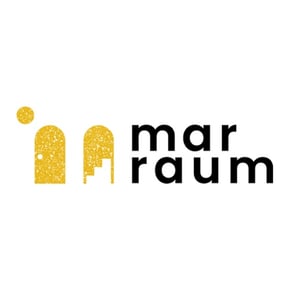If you’re considering developing a new build home, chances are you’ve been drawn in by the promise of a VAT refund under the DIY housebuilders’ scheme.
However, there are caveats at play, and before starting the process it’s a good idea to have a full understanding of what exactly is – and isn’t – VATable on your new build.
This guide will give you an overview of VAT on new build houses to ensure you aren’t caught off-guard when it comes to the costs of the project.
VAT on new builds: an overview
In the UK, new build houses are eligible for a VAT refund of 20% once the work is done. This means you will have to pay for the house in full at first, but can thereafter apply for the 20% refund after the job is done.
What can the refund be applied to?
- The building materials used*
- Labour costs
Any claim submitted under the DIY housebuilders’ scheme must be lodged within 3 months of the work being completed.
*note that the work and materials used must fall within the eligibility criteria
What qualifies as a ‘new build’?
First, let’s establish the type of home that is eligible for a VAT refund.
A new build refers to a home that is constructed from the ground up, without being built over a part of a pre-existing structure. So, for your house to qualify for the VAT refund post-construction, it will need to meet these criteria.
Exceptions to VAT-free new builds
There are some important points to keep in mind here. Your newly built home will only qualify for a VAT refund if it’s being constructed for you or your family to live in, either permanently or as a holiday home, and the intention is not for it to be sold or rented out immediately after construction.
In addition, new build houses aren’t exempt from VAT if it will be used for the purposes of business (excluding the use of a single home office room).

What qualifies for a VAT refund on my new build?
As mentioned above, the refund can only be claimed on qualifying building materials and labour costs incurred during construction.
Here, ‘building materials’ refers to any materials used that, when the building is completed, cannot be removed without damaging the building.
Builders’ rates on a new build should be zero-rated by default.
What doesn’t qualify for a VAT exemption?
Knowing what isn’t exempt from VAT under the DIY housebuilders’ scheme is just as important – if not more so – than knowing what does qualify. It can be easy to get caught out, so here is a list of what won’t be covered by a new build VAT refund:
- Architects’ and surveyors’ fees
- Any building materials that were already exempt from VAT
- The personal hire of building equipment and machinery
- Any building materials not irreversibly attached to – or part of – the building
- Furnishings and some household appliances, including carpets
How do I claim my VAT refund?
If you’re eligible for a VAT refund, you can submit a claim to HMRC.
For more information, see the gov.uk website’s guidance on how to claim your VAT refund.
Bring an architect onboard for valuable advice on your new build
Even though architects’ fees aren’t eligible for a VAT refund on new builds, their expertise is instrumental when acquiring the necessary planning permission and getting the most out of your new home.
For expert advice on new build home projects in Cornwall, get in touch with our team today.



